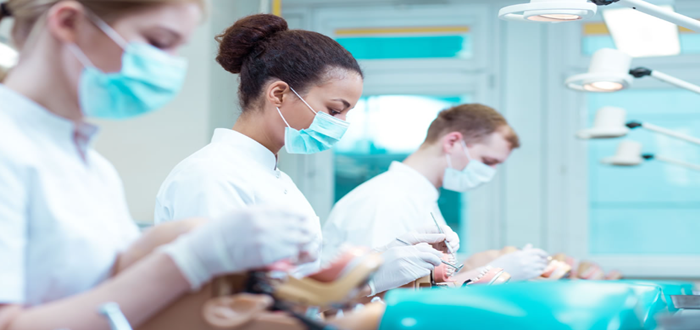Health Benefits of Seeing Your Dentist on a Regular Basis
Dental surgery is just one aspect of oral surgery. The two may sound interchangeable, but they are not. Unlike dental surgery, oral surgery is not specific to the teeth. Rather, oral surgery involves the whole jaw, the oral cavity, and even the face. Thus, every dental surgery is oral surgery, but oral surgery is not always dental. For example, jaw realignment surgery and surgery to remove oral tumors and cysts are oral surgeries, but they are not dental. Different dental conditions and surgical procedures may seem alike, so preoperative education is very important. It gives you a proper understanding of your condition, the steps of the required surgical procedure, potential stressful scenarios associated with the procedure, and the expected outcomes. In fact, being well informed is one of the best methods of care, pre-and post-surgery. It can help ease the fears of pre-surgery and can help with pain management post-surgery. In this ultimate guide to understanding all types of dental surgery, we'll look at.

Helping you maintain clean and healthy teeth is just one reason why regular dental checkups are important. Examinations are also an excellent opportunity for assessing your gums, mouth, and jaw for any issues that might require additional procedures. You’ll want to visit your Dentist every six months or as recommended by your dental professional. Doing so will help to promote a stronger enamel (outer layer of your tooth) and overall improved oral health. So, is a dental checkup necessary? The answer is yes. Here’s a closer look at the reasons why, as well as the typical dental checkup procedure and the benefits of regular dental visits.
Dental Checkups Prevent Plaque, Tartar, Cavities, And Tooth Decay: Even the most fastidious person can fail to clean the hard-to-reach places in their mouth. A good example is the back molars, which are notoriously hard to clean. That is why every person should see a dentist every six months. The dentist will examine the patient’s teeth to look for early signs of tooth decay. If the dentist finds small cavities or white spots on the teeth, they will start the patient on fluoride treatment to reverse the decay and treat larger cavities with dental fillings. Next, the dentist will perform a professional tooth cleaning to remove plaque or tartar from the teeth and gums. This will protect the teeth and gums from attacks by harmful bacteria that make their home in plaque and tartar.
Routine Checkups Can Detect Systemic Health Issues: Another part of dental checkups is the head and neck exam. The dentist will check the lymph nodes, neck, and jaws for swelling, lumps, deformities, and any other symptoms of illness. If a problem is found, the dentist will refer the patient to the appropriate medical professional. This is one reason that a person should look forward to their dental checkups. They get to have their thyroid checked for the low, low price of a dental checkup. What is not to love?
Routine Dental Visits Keep Gum Disease At Bay: For the most part, the early stages of gum disease have no symptoms. This makes it hard for a person to detect gum disease in their mouths. Luckily, dentists are trained to spot gum disease even when it tries to hide. During a routine checkup, the dentist will make sure that the gums are firm. They will check for swelling, receding gums, and deep gum pockets. If the dentist finds any of these worrying symptoms, they will treat the underlying cause. Usually, early gum disease goes away when a patient improves their oral habits, and a dentist will gladly guide their patient on how to take care of their gums.
Dentists Use Routine Checkups To Check For Oral Cancer: In addition to examining the teeth and the gums, a dentist will look for signs of oral cancer in their patient’s mouth. This is great because if oral cancer goes undetected, it can develop into a life-threatening illness. The dentist uses a special light to look for dead tissue caused by tumors. The exam is called a VELscope cancer exam. It is painless and only takes a minute or two. With this exam, a person who sees the dentist every six months has little chance of developing late-stage oral cancer.
Cedar Park Premier Dentistry
209 Denali Pass Dr B, Cedar Park, TX 78613, United
Comments
Post a Comment